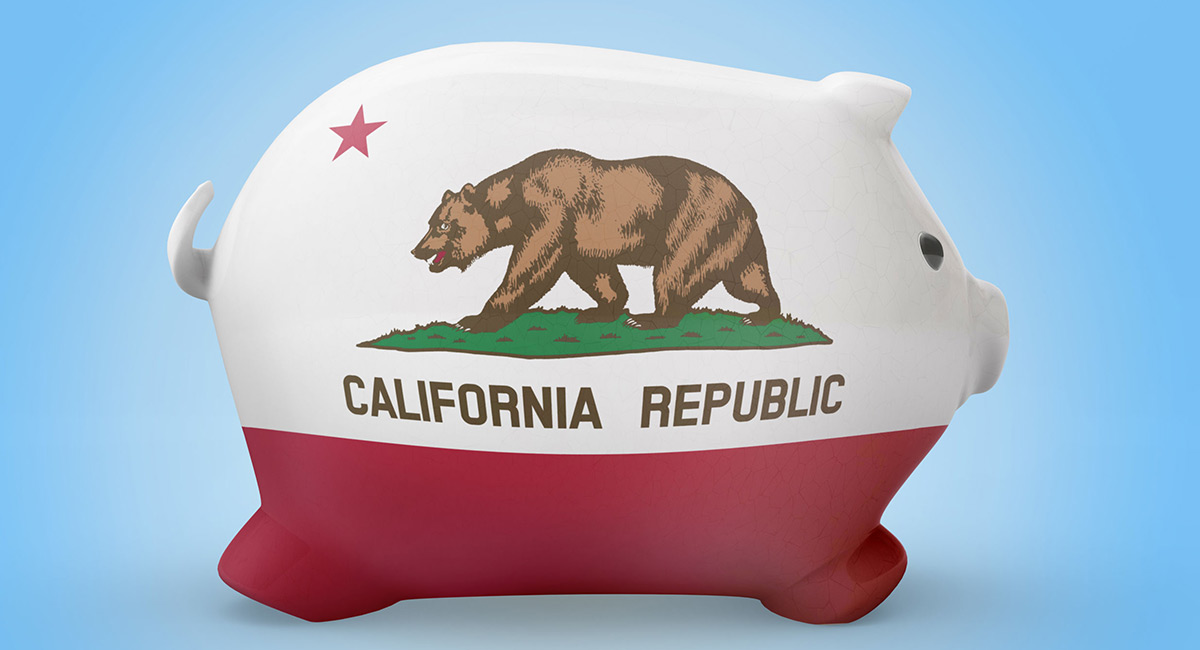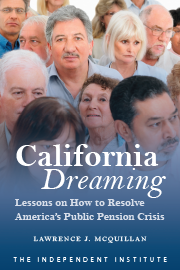The powerful California Labor Federation (CLF) and the national AFL-CIO have officially joined Gov. Gray Davis in his fight against the recall, urging (if futilely) elected Democrats not to run in the Oct. 7 election. Their support for the beleaguered governor comes as no surprise. If Davis is defeated, they have much to lose, possibly including a little-known, yet influential, think tank called the University of California Institute for Labor and Employment (ILE).
Based at UCLA and UC Berkeley, this institute has received $17 million from state taxpayers since it was created in July 2000. It has been a driving force behind union legislative victories on paid family leave, changes in overtime rules, and a living-wage law. Bills are now moving through the Legislature on “play or pay” health care and extending unemployment benefits, positions consistent with ILE-funded research.
The fiscal 2004 budget just signed by Davis appropriates $4 million to the ILE to fund all of its annual operations, which consist mainly of providing academic cover for the political agenda of unions and their Sacramento allies. The ties between the ILE and organized labor are blatant.
Tom Rankin, president of the CLF, is a member of the ILE Governing Council. CLF executive secretary-treasurer Art Pulaski is a member of the ILE Advisory Board. CLF legislative director Angie Wei is on the ILE Research Advisory Board, which makes grant and fellowship decisions.
A June CLF press release bemoans the fact that some lawmakers want an end to taxpayer funding of the ILE. They are even more nervous now that Davis faces the real possibility of recall. CLF angst is understandable since a Davis defeat could signal an end to the ILE. But would that be such a bad thing? Consider some recent ILE-funded projects:
$50,000 was awarded to the California Labor History Textbook Project. The textbook is “suitable for use in high schools” and aims to “disseminate core union values as broadly as possible to young working people in California.”
$20,000 was awarded for the two-part study Making People Pro-Union. These works consider “the proposition that a culture of capitalism pervades contemporary U.S. society, which represents a significant obstacle both to establishing union organizations and to developing pro-union identities among workers.”
$5,000 went to the study Laboring to Learn. The goal? “To understand how adult educators can conduct popular education and critical pedagogy to help build a multiracial, gender-balanced, anti-imperialist and working-class political movement that is capable of negating labor defined as exploitation.” Now that’s a politically correct mouthful.
ILE money also supports “educational” activities such as a May 2002 conference on union organizing and a California Union Leadership School beginning in September, co-sponsored by the CLF and noteworthy for its online promotional material that includes an artist’s rendering of a sheriff as a pig.
The ILE has a right in a free society to promulgate its anti-capitalism views and to fund research that strikes at the heart of a basic economic freedom in America—the right of employers and employees to freely negotiate compensation. But why should taxpayers be forced to bankroll ILE’s union propaganda?
Unions collect roughly $880 million in dues each year in California. Surely they can spare $4 million to support the ILE on their own and unburden state taxpayers.
Since taking office, Davis has accepted about $16 million from organized labor, his biggest source of money. He is now asking for $10 million more to fight the recall. It is Davis’ willingness to put politics ahead of principle to help his friends, exemplified by the creation of the ILE and his refusal to use his line-item veto to strike its funding, that has helped produce a deficit of as much as $38 billion. No wonder Big Labor is standing by their man.










